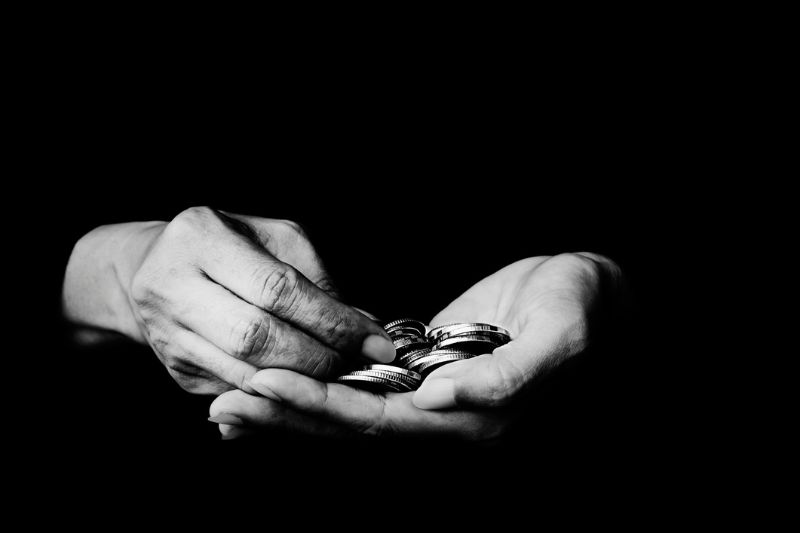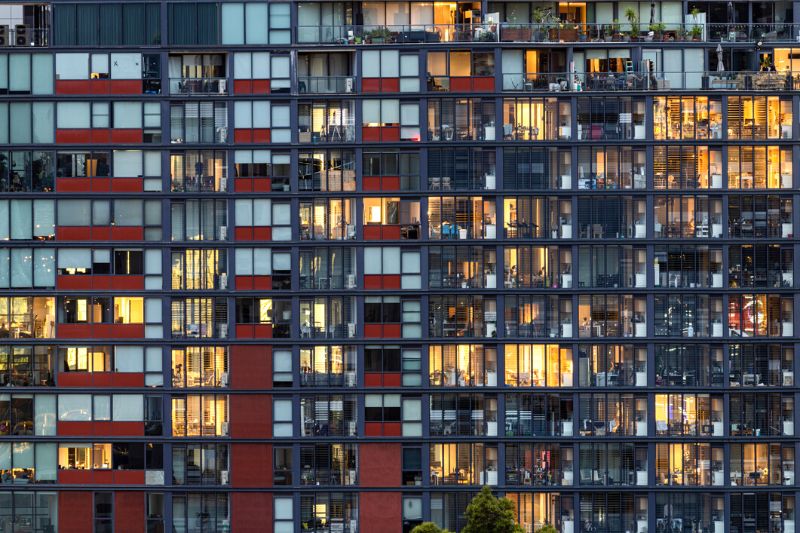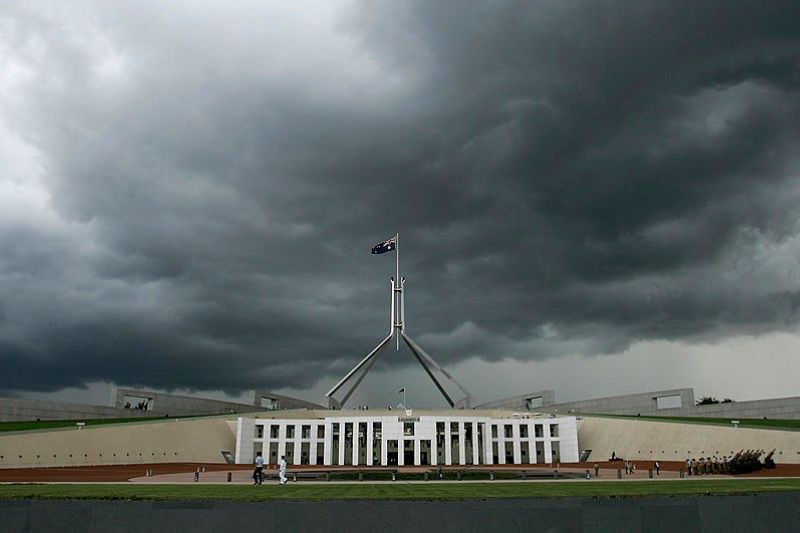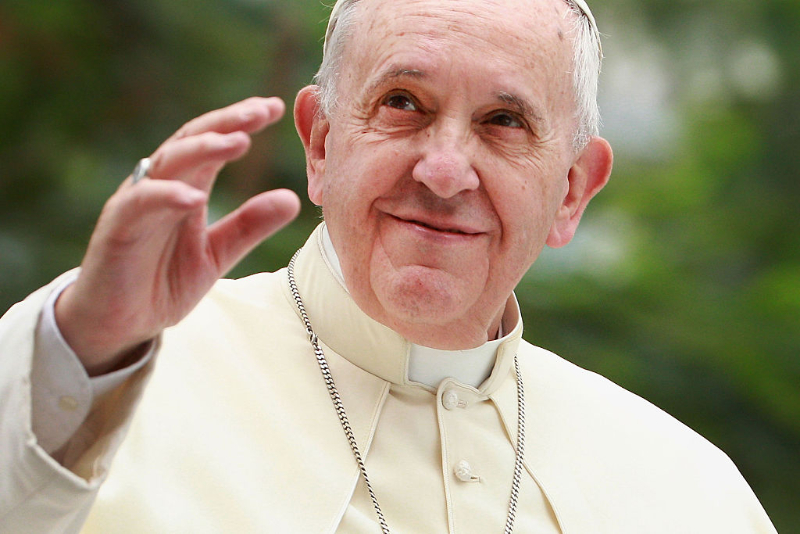Keywords: Five Billion Years
-

AUSTRALIA
- Mark Gaetani
- 02 September 2023
A new report for St Vincent de Paul Society suggests minor tax and welfare tweaks could lift 834,000 Australians from poverty. Amidst skyrocketing rents and income disparities, the call for an empathetic economic overhaul is louder than ever.
READ MORE
-

AUSTRALIA
- David Halliday
- 01 September 2023
Australia's housing market trembles as homeowners confront rising interest rates and mortgage defaults surge. Predicted by some a decade ago, this shift stems from years of speculative investing and homes transforming into commodities. The challenge now: can policymakers balance housing affordability without destabilising the market's value?
READ MORE 
-

AUSTRALIA
Amid Australia's unprecedented housing crisis, there's an urgent need for increases in social housing. However, political wrangling hampers the progress of crucial legislation. With 640,000+ Australians facing housing stress, advocates stress the need for immediate action as a starting point towards comprehensive reform that treats housing as a basic human right.
READ MORE
-

AUSTRALIA
- James Massola
- 14 July 2023
5 Comments
Catherine Holmes' Royal Commission report exposes the staggering mismanagement and human cost of Australia's Robodebt scandal. The scheme burdened over 500,000 Australians with non-existent debts and is linked to at least three suicides. This report unravels the culture behind the disaster and the potential repercussions ahead.
READ MORE
-

ENVIRONMENT
- Michael McVeigh
- 11 April 2023
The government’s Powering Australia Plan promises renewable energy and net-zero emissions by 2050. However, analysts warn that there is little change in the economic and bureaucratic structures that support the fossil fuel industry. Unless Australia finds a way to prosper sustainably, the country will continue to benefit from emissions while the rest of the world suffers.
READ MORE
-

ECONOMICS
- David James
- 14 December 2022
What the failed attempt to crush Russia’s economy has revealed is that America’s and Europe’s dominance of the global financial system is something of an illusion; more like money changing hands in a giant casino rather than actual wealth.
READ MORE 
-

AUSTRALIA
- David Halliday, Peter Mares, John Falzon, Nicola Nemaric, Rae Dufty-Jones
- 18 November 2022
1 Comment
Despite rising interest rates and the recent dip in property values, Australia’s housing situation places it among the least affordable property market in the world. With a rise in homelessness and younger Australians locked out of an inflated housing market, what is the way forward for Australia?
READ MORE 
-

ECONOMICS
- David James
- 28 October 2022
Who wields the most power in the world? If one follows the money trail, it becomes clear that Western societies have become ruled by a new type of aristocracy: a management aristocracy.
READ MORE 
-

INTERNATIONAL
- David Halliday, Beth Doherty, Tim Dunlop, Matthew Howard
- 26 August 2022
When former Facebook employee Frances Haugen released a trove of documents revealing internal research on the negative effects its social media products were having on mental health, the darker side of social media became hard to ignore. So how might the harmful effects of social media be mitigated into a social benefit for a saner, more coherent society?
READ MORE 
-

AUSTRALIA
- Melinda Tankard Reist
- 20 July 2022
2 Comments
Exposure to pornography has been linked to an increase in in sexually aggressive behaviour and adolescent dating violence. This mass, industrial-level grooming of our young is causing lasting damage to their social and sexual development and leading to even more women and girls being viewed as less human.
READ MORE 
-

ENVIRONMENT
- Cristy Clark
- 11 January 2022
3 Comments
On a superficial level, it makes no sense to commit so strongly to managing the impacts of climate change (adaptation) on the one hand while refusing to significantly reduce emissions (mitigation) on the other. On the other hand, when you start to unpack the logic of so much adaptation policy, this contradiction fades away.
READ MORE
-

RELIGION
- Miles Pattenden
- 16 December 2021
29 Comments
Pope Francis turns eighty-five this week. His pontificate has seen him emerge from obscurity in Argentine Church politics to become, late in life, a global cultural icon and one of the most popular popes in living memory. Over the past nine years he has invigorated the Church and, according to papal biographer Austen Ivereigh, has made the papacy ‘much more human, much more accessible, much less remote’.
READ MORE 